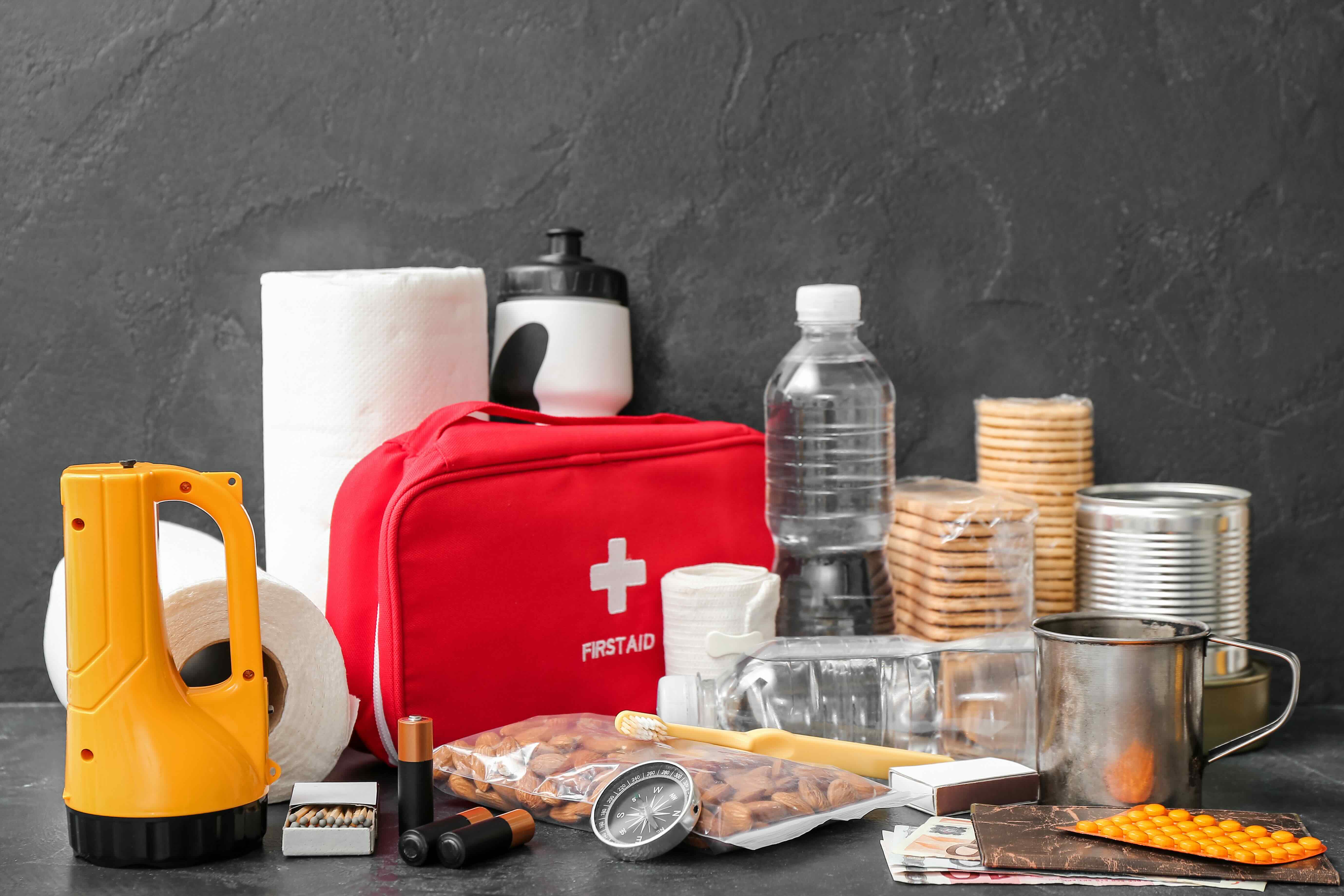LiveWell Care Management helps seniors and families prepare for natural disasters with confidence and care

Natural disasters like hurricanes, wildfires, floods, and extreme weather events are becoming more frequent and severe across the U.S. According to FEMA, 4 out of 5 Americans have experienced county-level disaster declarations since 2007. While everyone should be prepared, older adults and individuals with medical or mobility challenges face greater risks during emergencies.
At LiveWell, our expert geriatric care managers work with families to develop personalized emergency plans that address the unique needs of aging adults—ensuring health, safety, and peace of mind no matter what comes your way.
Older adults are often at higher risk during disasters due to chronic health conditions, reduced mobility, medication dependence, and the use of assistive devices. Evacuation and recovery can be more complicated, especially when cognitive impairment or social isolation is involved.
That’s why every emergency preparedness plan should be customized to the individual—not one-size-fits-all. Partnering with a geriatric care manager ensures that medical, logistical, and emotional factors are thoughtfully considered ahead of time.
Talk with family, friends, neighbors, and professional caregivers about your emergency preparedness needs. Identify people who can assist you in an emergency and make sure they understand your medical conditions, medications, and care requirements. Contact your local emergency management office to learn about available resources and support services.
Include key emergency contacts such as:
Print multiple copies and store one in your emergency kit (preferably in a watertight container).
If you use electrically powered medical equipment—like oxygen machines, dialysis devices, CPAPs, or power wheelchairs—talk to your doctor about backup plans.
Be sure to:
Your emergency kit should contain:
Determine how you will evacuate safely and who will assist you. If you use walkers, wheelchairs, or portable oxygen, make sure your transportation plan includes space and help for these items. Coordinate with family or neighbors in advance and practice your evacuation plan if possible.
Add food, medications, leashes, and documentation for pets or service animals to your emergency kit. Many shelters have specific rules for animals, so know your options in advance.
Keep your kit in an easy-to-access location. It should include:
Creating an emergency preparedness plan can feel overwhelming—especially when health conditions, caregiving responsibilities, or complex family dynamics are involved. That’s where LiveWell Care Management can make all the difference.
Our care managers will:

